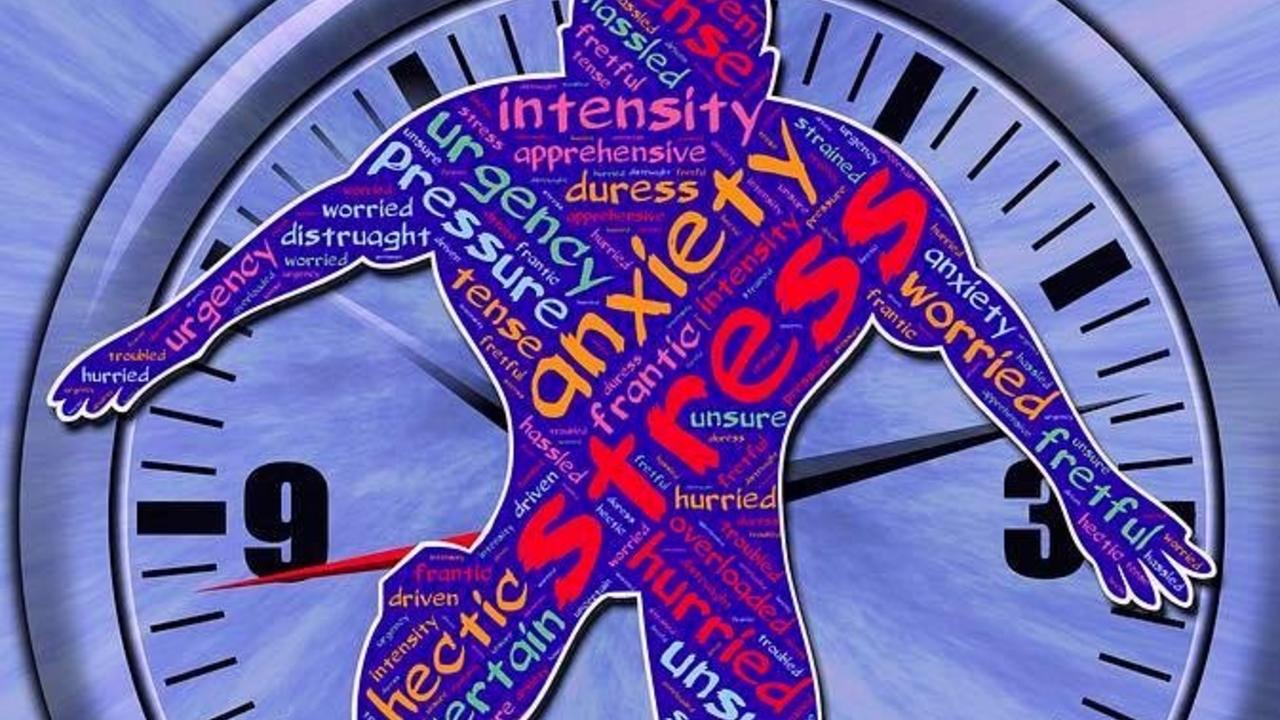What does “burnout” or moral injury look like?

What does burnout look like? What are your burnout warning signs?

Have you ever felt so exhausted, you couldn't be bothered going to work?

Do you feel sometimes, life is overwhelming and it's difficult to have a work life balance?

How do you know when you have reached burnout?
Having empathy creates a better health partnership between physician/provider and patients.

Physicians who had a higher empathy score, have higher scores of emotional exhaustion.

What do we do when we have high empathy scores and are therefore prone to emotional exhaustion with our work?
This can result in compassion fatigue, burn out or vicarious traumatization.

Spirituality is important in patient care because it has been observed to give strength in being able to cope, have better quality of life and better well-being.
This applies to ourselves also; engaging in our own spirituality will give us

the strength, resilience and well being to prevent emotional exhaustion.
We have all experienced the feeling of compassion fatigue, as days progress at work it shows up as;

we become irritable, unable to focus effectively, our minds full of so much information it becomes overwhelming to sort through it all.

Our sensitivity is heightened and all it takes is one person to say something that triggers us off into falling to the ground in an emotional heap, saying “ I can't do this.” All we want is rest, but there are jobs to do.
Compassion fatigue, which comprises of burnout and secondary traumatic stress, is common amongst health professionals. Burnout according to Bhutani et al, is defined as:

“ feeling of hopelessness and difficulties in dealing with work or in carrying out one's job effectively. These negative feelings usually have a gradual onset. They can stem from the feeling that one's efforts make no difference, or they can be associated with a very high workload or a non-supportive work environment.”

Health professionals can also experience secondary traumatic stress, which occurs when a person hears first hand traumatic experiences of another.
This causes distress and emotional turmoil in those who have listened and taken in the stories of the traumatised and can accumulate along with burnout in the medical field.
Honouring and Serving,
Simran K. Rattan MD

